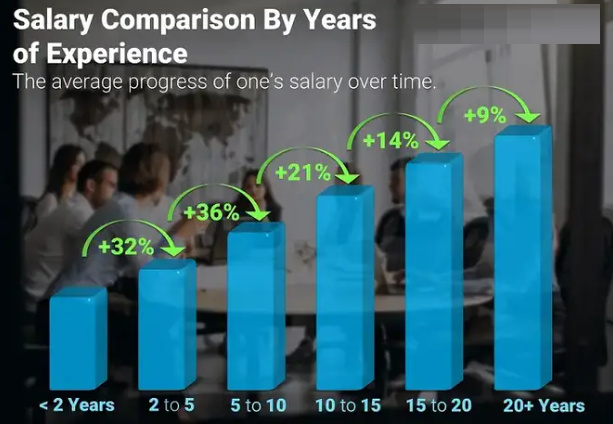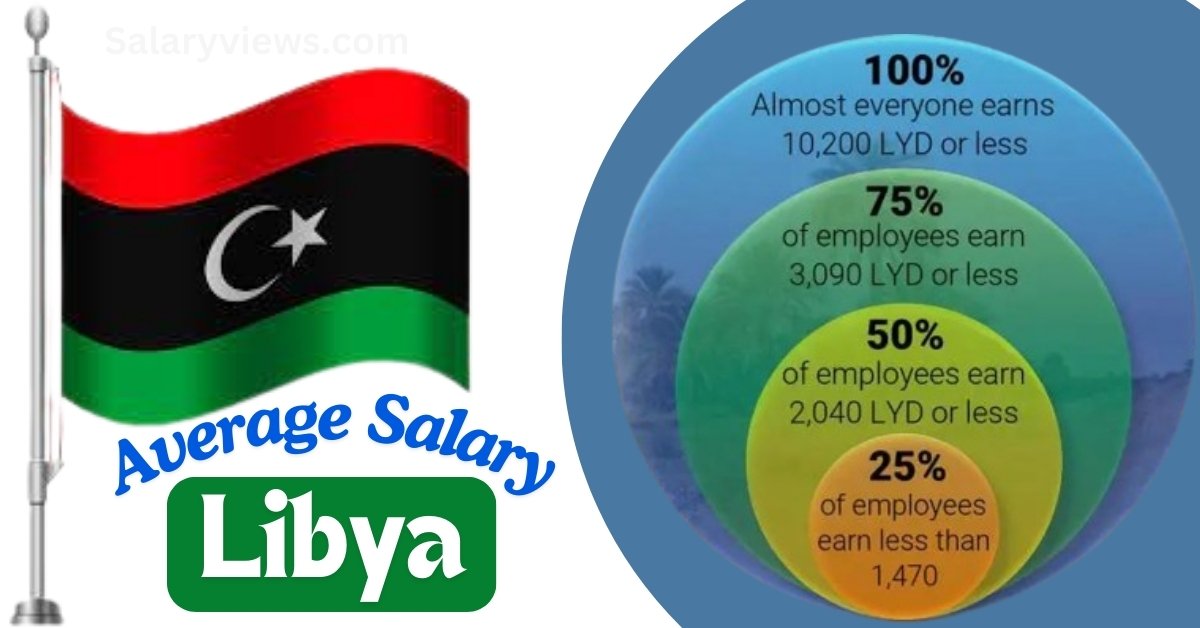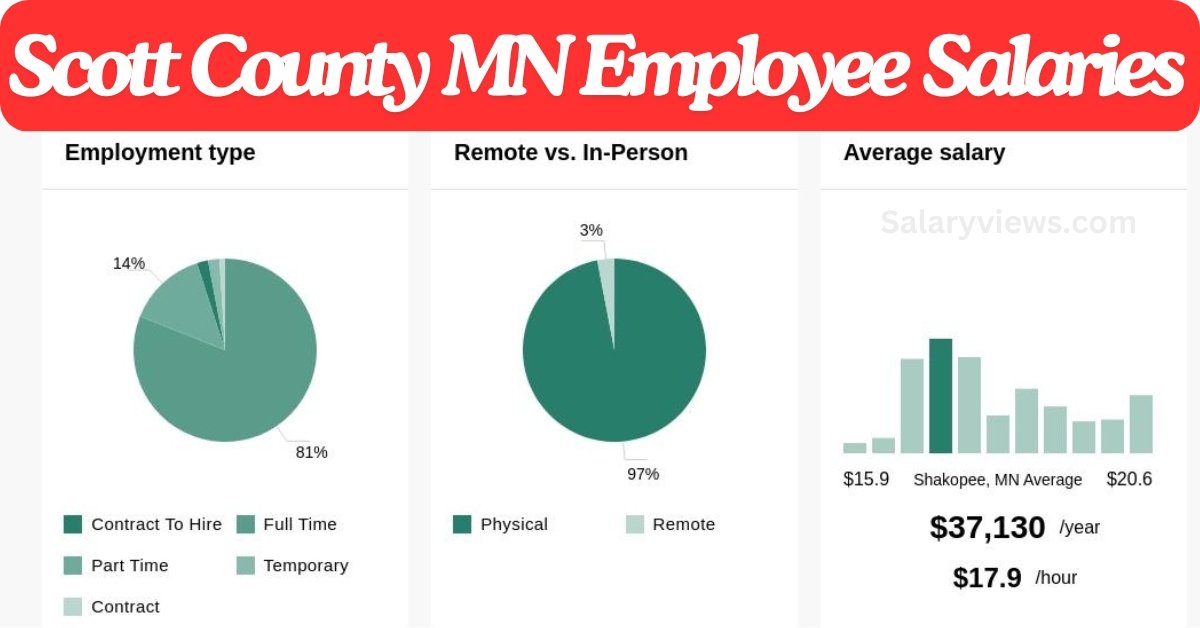Worker salaries in Libya usually range from 2,300 LYD to 4,800 LYD. A salary of 580 LYD (lowest average) ranges from 10,200 LYD (highest average, actual maximum salary is higher). A salary average includes housing costs, transportation costs, and other benefits. The salaries in Libya vary greatly depending on the career.
The salaries for specific jobs are listed below. By clicking the title, you can discover more details about a specific job salary.
Salaries and Pay Scales in Libya

Starting Salary, Minimum Wage & Salary Range
There is a range of salaries in Libya that range from 580 Liriyad (starting salary) to 10,200 Liriyad (maximum average salary, actual maximum is higher).
There is no minimum wage as defined by law here, it is simply the lowest number reported in a nationwide salary survey with thousands of professionals participating.
Salary in Libya Based on Experience Level
A person’s salary is largely determined by his or her experience after a specific profession. In general, someone with more experience will earn more money.
Two to five-year-old employees can expect to make approximately 35% more than junior employees. There is an average of this across all industries and career paths.
A 10-year employee’s salary increases by 20%, and a 15-year employee’s salary increases by 15%.
Comparison of Salary Structures and Pay Scales

The Libyan Salary Scale by Education Level
Earning potential is largely influenced by your education, as well as experience in your job. Many higher-paying jobs require a high level of education, but what is the actual salary increase that you can expect with a degree?

In our research, we compared the salaries of employees with the same level of education with jobs with different levels of education to find out how much you can earn.
Incentives and Bonuses in Libya
You should also consider how much bonus you receive as part of your overall compensation. Job roles that pay bonuses and have a higher bonus rate are more likely than others to pay bonuses.
A job that involves direct revenue generation will typically receive higher bonuses based on the performance towards revenue goals.
- Libyan employees reported receiving bonuses for the previous year in 35% of cases.
- Sixty percent of employees reported not receiving a bonus since last year.
- Among employees who reported receiving a bonus in the past 12 months, 3% to 6% were reported.
Libyan Salaries and Factors Affecting Them
There are many factors that influence Libya’s salary levels as with any country. Getting to know these can give you insight into the country’s economy and labor patterns. Here’s what you need to know:
- Economic Sector: Different economic sectors in Libya pay significantly different salaries. A specialization in the oil and gas sector and the revenue it generates typically lead to higher wages. In some sectors, such as agriculture and some service industries, wages may be lower.
- Political Stability: In Libya, the political climate directly affects the economy and salaries. Foreign investment and economic activity can fall because of political instability, which suppresses wage growth.
- Geographical Location: In Libya, salaries can vary depending on your location, with urban areas like Tripoli and Benghazi offering higher average salaries than rural areas.
- Experience and Education: Higher salaries are generally associated with education and experience. The reason for this is that they can often acquire more specialized skills that require advanced training.
- Public vs. Private Sector: There is a great deal of variation in salaries depending on whether you work in the public or private sector. There’s a difference in the cost of living and concentration of industries. Education and experience are generally associated with higher salaries for individual
- Foreign Investment: It is possible to increase salaries when foreign investment increases, especially when multinational companies enter the market and offer competitive salaries to skilled workers.
- Inflation: High inflation can make nominal salary increases less meaningful because the real value of salaries is eroded. Keeping your purchasing power may require workers to earn higher nominal wages.
- Supply and Demand: The Libyan job market’s supply and demand balance affects salaries. In a field with a glut of workers, wages might go down; conversely, a shortage might raise them.
- Government Legislation: Overall compensation levels are influenced by minimum wage laws, labor laws, and tax policies.











Leave a Reply